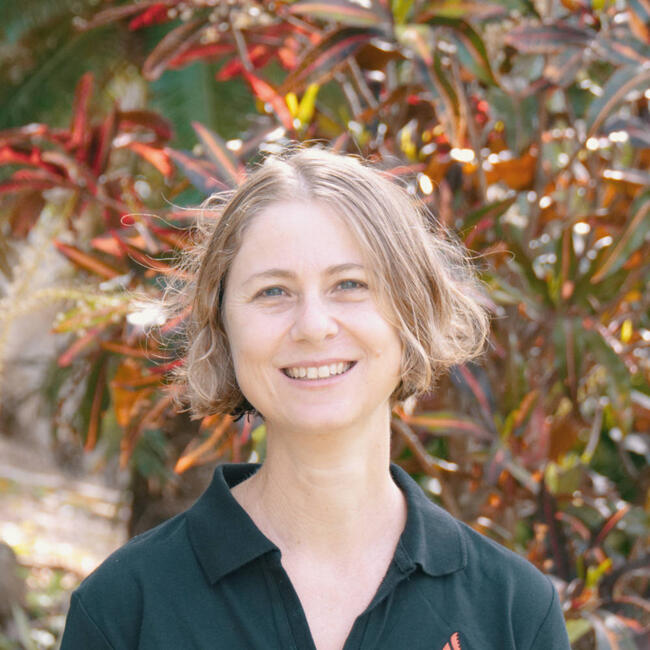Groundswell of Far North Farmers Embrace Soil Programs to Build Climate Resilience
Groundswell of Far North Farmers Embrace Soil Programs to Build Climate Resilience
Words Juliana Foxlee | Photo provided
Farmers across Far North Queensland are digging into a range of soils management programs to help secure their futures against changing climate conditions.
The projects are focused on helping farmers shift to farming systems that build organic matter, support soil health, increase biodiversity, improve water cycling and capture carbon, which will help them adapt to a changing climate and build resilience to extreme droughts and floods.
They are being funded by the Australian Government through the National Landcare Program.
Minister for Agriculture Bridget McKenzie said the Far North projects would help change land management practices to protect the condition of soil, biodiversity and vegetation.
‘Australian farmers have an international reputation as sustainable land managers and through Landcare the Australian Government is supporting innovative agricultural practices,’ Minister McKenzie said.
‘Healthier and more productive soils are good for our farm businesses and protect food security, while also being good for the environment.’
The Healthy Farming Futures projects are being delivered by Terrain NRM, Cape York NRM and Northern Gulf Resource Management Group who are in partnership through the NQ NRM Alliance.
Dr Keith Noble, Chair of the NQ NRM Alliance, said the programs in each region varied according to local landscape and climate conditions but many of the principles were the same.
‘Depleted soils from decades of modern agriculture are a worldwide problem, so it’s not just a problem for Far North Queensland. This is one of the biggest challenges for our environment and food security. Many farmers are already well aware of the issues and are proactively changing their farm practices to include better soils management,’ he said.
Changing farming systems to improve soil management requires more planning for farmers but there are significant benefits - from long term higher production to reduced costs on machinery and labour to a cut in fertiliser usage.
Healthier soils are also vital for drought prone areas because they can hold and retain much more water for crop use. Greater water holding capacity also mitigates flooding and runoff in the wet season.
For the environment healthy soils lead to an increase in insects, birds and wildlife. Another significant factor in the fight against climate change is that healthy soils absorb carbon from the atmosphere, helping offset carbon emissions.
Dr Noble said there had already been a great response to the programs in all three regions.
‘Cape York NRM, Terrain NRM and Northern Gulf RMG are hosting forums and training programs across the region to enable farmers to learn new skills from a range of experts on sustainable farming systems,’ he said.
‘Over the past few months we have already engaged with over 200 farmers from Ingham in the South up to the tip of Cape York and west to Karumba in the Northern Gulf and the response has been fantastic. There is a groundswell of interest and support for these programs that is growing rapidly.’
The Healthy Farming Futures projects are due to run until 2023. Farmers who are interested in finding out more are encouraged to contact their regional NRM body.
These projects are supported by Cape York NRM, Terrain NRM and Northern Gulf Resource Management Group through funding from the Australian Government’s National Landcare Program
-
< prev
-
next >


